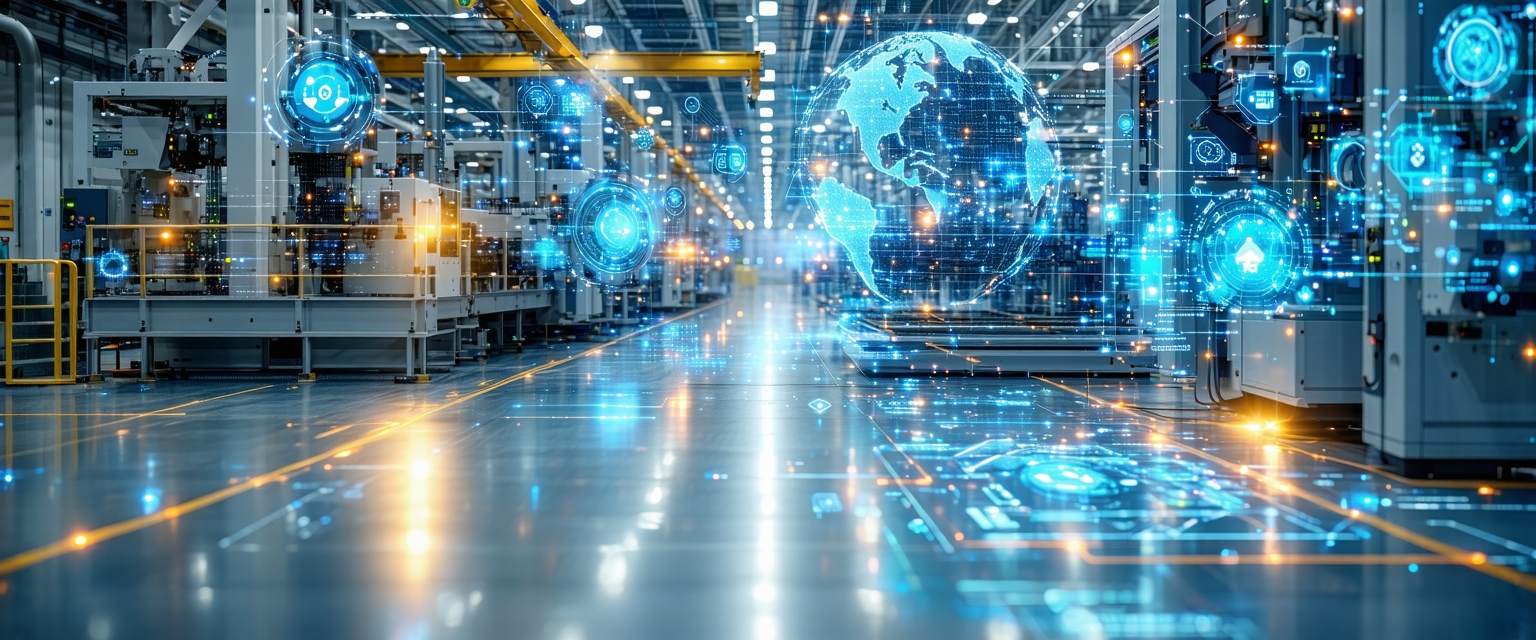






The smart manufacturing sector is rapidly evolving, driven by advancements in artificial intelligence, machine learning, and the Internet of Things (IoT). Recent developments promise to significantly enhance efficiency, productivity, and sustainability across various industries.
Smart manufacturing, also known as Industry 4.0, integrates digital technologies into manufacturing processes. This involves connecting machines, systems, and people through data exchange and analysis to optimize operations. The goal is to create a more agile, responsive, and efficient production environment.
Recent breakthroughs in AI-powered predictive maintenance are allowing manufacturers to anticipate equipment failures and schedule maintenance proactively, minimizing downtime and maximizing uptime. Furthermore, advancements in digital twins – virtual representations of physical assets – are enabling more accurate simulations and optimizations of production processes before implementation in the real world. This reduces the risk of costly errors and speeds up development cycles.
The rise of collaborative robots (cobots) is also transforming the manufacturing landscape. Cobots work safely alongside human workers, automating repetitive tasks and enhancing overall productivity. Their increased dexterity and improved programming capabilities are making them more versatile and widely applicable across diverse manufacturing sectors.
The impact of these advancements is far-reaching. Manufacturers are experiencing significant improvements in operational efficiency, reduced production costs, and enhanced product quality. Moreover, smart manufacturing practices are contributing to increased sustainability by optimizing resource consumption and reducing waste.
The integration of smart manufacturing technologies is also leading to the creation of new jobs, requiring a workforce with advanced skills in data analytics, AI, and robotics. This necessitates a focus on education and training to equip the workforce for the demands of the future.
The future of smart manufacturing lies in further integration of technologies and the development of more sophisticated AI algorithms. Expect to see continued advancements in areas like edge computing, blockchain technology for supply chain transparency, and augmented reality for improved worker training and assistance. The focus will remain on creating increasingly resilient, adaptable, and sustainable manufacturing ecosystems.